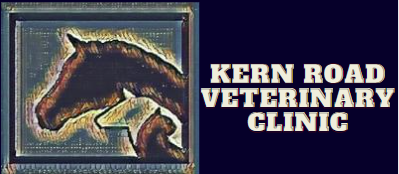With the increasing amount of research in the field of equine nutrition many questions have been answered, but many new questions are being raised. Many beliefs about feeding horses that have been taken for granted for years are no longer valid. We have found that feeding practices, like so many phases of the equine industry, employ the art as well as the science of equine husbandry.
In no area is nutrition more important than in the growing foal. Many career-ending problems that develop during growth are directly related to feeding practices and nutrition. Contracted tendons, osteochondritis desicans (OCD), and epiphysitis, all potentially debilitating diseases, can be prevented by proper nutrition. The importance of trace minerals such as selenium, copper, zinc and manganese are now well documented. In brood mares strong correlations between fertility (including early embroyonic loss) and nutrition, especially selenium levels, have been demonstrated repeatedly.
Current knowledge of race horse physiology has changed how protein, fat and starch should be used to supply energy requirements Studies show that protein is one of the most frequently overfed portions in the ration. The percent protein supplied in grain or concentrates should not be over 12 – 13%. Supplying energy through other sources, such as starch and fat, provides a balanced ration. If you have any questions about nutrition or feeding practices, please feel free to contact our office.
